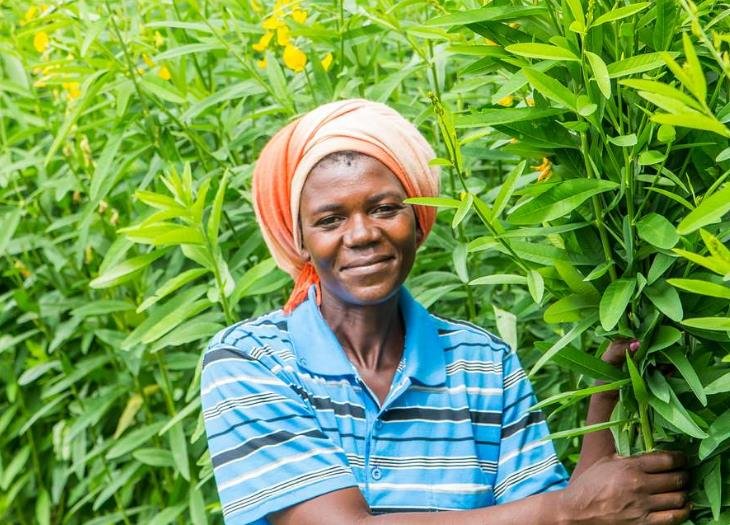In a significant move to boost its agricultural sector, Zimbabwe is exploring opportunities to enhance its livestock value chain in collaboration with Saudi Arabia. This initiative aims to leverage Saudi Arabia’s advanced agricultural technologies and investment capabilities to improve Zimbabwe’s livestock production, processing, and marketing. The partnership is expected to bring about substantial economic benefits, create job opportunities, and enhance food security in Zimbabwe.
Zimbabwe’s livestock sector has long been a vital component of its agricultural economy. However, the sector has faced numerous challenges, including outdated farming practices, inadequate infrastructure, and limited access to markets. By partnering with Saudi Arabia, Zimbabwe aims to address these issues and modernize its livestock production systems.

The collaboration will focus on introducing advanced farming techniques and technologies to improve livestock breeding, health, and nutrition. This will help increase the productivity and quality of livestock, making Zimbabwe’s products more competitive in both local and international markets. Additionally, the partnership will facilitate knowledge transfer and capacity building for local farmers, enabling them to adopt best practices and improve their livelihoods.
Furthermore, the initiative will involve the development of modern infrastructure, such as feedlots, abattoirs, and cold storage facilities. These investments will enhance the efficiency of the livestock value chain, reduce post-harvest losses, and ensure the availability of high-quality meat and dairy products for consumers. The improved infrastructure will also support the growth of related industries, such as feed production and veterinary services.
Enhancing Market Access and Trade
One of the key objectives of the partnership between Zimbabwe and Saudi Arabia is to enhance market access for Zimbabwean livestock products. Currently, Zimbabwe’s livestock sector is largely focused on domestic markets, with limited exports. By collaborating with Saudi Arabia, Zimbabwe aims to tap into new export markets and increase its share in the global livestock trade.
The partnership will involve the establishment of trade agreements and export protocols to facilitate the smooth flow of livestock products between the two countries. This will help Zimbabwean producers gain access to lucrative markets in the Middle East and beyond, boosting their incomes and contributing to the country’s economic growth. Additionally, the collaboration will promote the branding and marketing of Zimbabwean livestock products, highlighting their quality and uniqueness to attract international buyers.
Moreover, the initiative will support the development of value-added products, such as processed meats and dairy items. By diversifying its product offerings, Zimbabwe can cater to a wider range of consumer preferences and increase its export revenues. The partnership will also encourage the adoption of international standards and certifications, ensuring that Zimbabwean products meet the stringent requirements of global markets.
Promoting Sustainable Agriculture
Sustainability is a key focus of the partnership between Zimbabwe and Saudi Arabia. The collaboration aims to promote environmentally friendly and socially responsible practices in the livestock sector, ensuring long-term benefits for both countries. This includes the adoption of sustainable farming techniques, such as rotational grazing, integrated pest management, and organic farming.
The initiative will also emphasize the importance of animal welfare and ethical treatment of livestock. By implementing best practices in animal husbandry, Zimbabwe can improve the health and well-being of its livestock, leading to higher productivity and better-quality products. Additionally, the partnership will support the conservation of natural resources, such as water and soil, through efficient management practices and the use of renewable energy sources.
Furthermore, the collaboration will involve community engagement and empowerment, ensuring that local farmers and stakeholders are actively involved in the development process. This will help build a sense of ownership and responsibility among the beneficiaries, fostering a sustainable and inclusive agricultural sector. The partnership will also promote gender equality and youth participation, providing opportunities for women and young people to contribute to the growth of the livestock sector.
